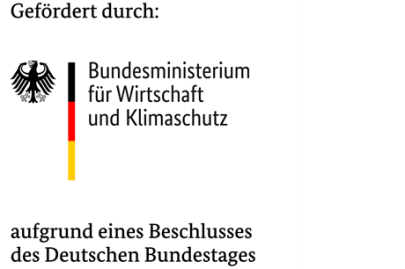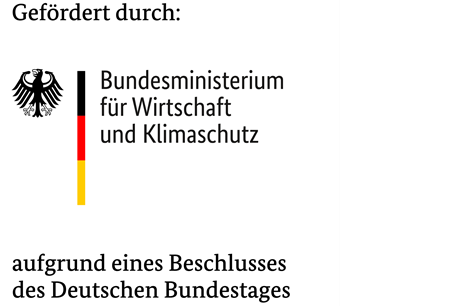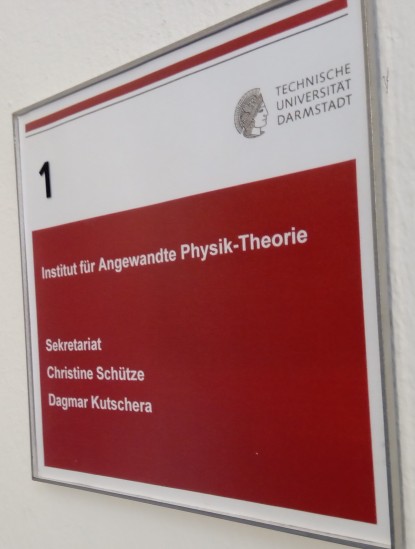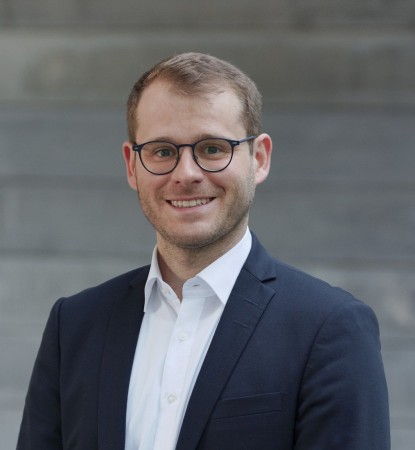Quantum Gases in Microgravity (QUANTengase Unter Schwerelosigkeit, QUANTUS-VI)


The project QUANTUS-VI is the next building block to the long-standing efforts of the German Aerospace Center to study the dynamics, manipulation and interferometric applications of quantum gases. Previous QUANTUS projects and its currently ongoing sister project BECCAL have pioneered the development of atomic sensors on microgravity platforms. For example, quantum gases and atom interferometers have been generated in the drop tower in Bremen and on board a sounding rocket (MAIUS), and a platform for the International Space Station is currently under development (BECCAL).
The next funding phase of the QUANTUS consortium is characterized by new milestones in atomic interferometry with Bose-Einstein condensates. While the QUANTUS-2 apparatus has shown that it is possible to reduce residual expansion rates of a Bose-Einstein condensate to below 50 pK and to extend the interferometry time to 1.7 seconds in microgravity, the QUANTUS-1 apparatus was able to increase the momentum transfer to matter waves from just over a hundred to over 400 for the first time. The declared aim of the collaboration is to set new records: longer times with an increased number of light pulses using innovative concepts.
Our decisive advantage is that both experiments can deliver results continuously and do not require lengthy set-up times. While new apparatuses like BECCAL, which are currently under development still need time to produce results, we can already set important accents needed for new research in space. With its focus on the generation of atom interferometers with extremely large enclosed spacetime areas, the QUANTUS-VI project returns to one of the core competences of the QUANTUS project family. At the center of the efforts is the amplification of the sensitivity through guided geometries, large momentum transfers and ultra-long interferometer times.
Funding
The QUANTUS project is supported by the German Aerospace Center (Deutsches Zentrum für Luft- und Raumfahrt, DLR) with funds provided by the Federal Ministry for Economic Affairs and Climate Action (Bundesministerium für Wirtschaft und Klimaschutz, BMWK) due to an enactment of the German Bundestag under grant no. 50WM2450E (QUANTUS-VI).




